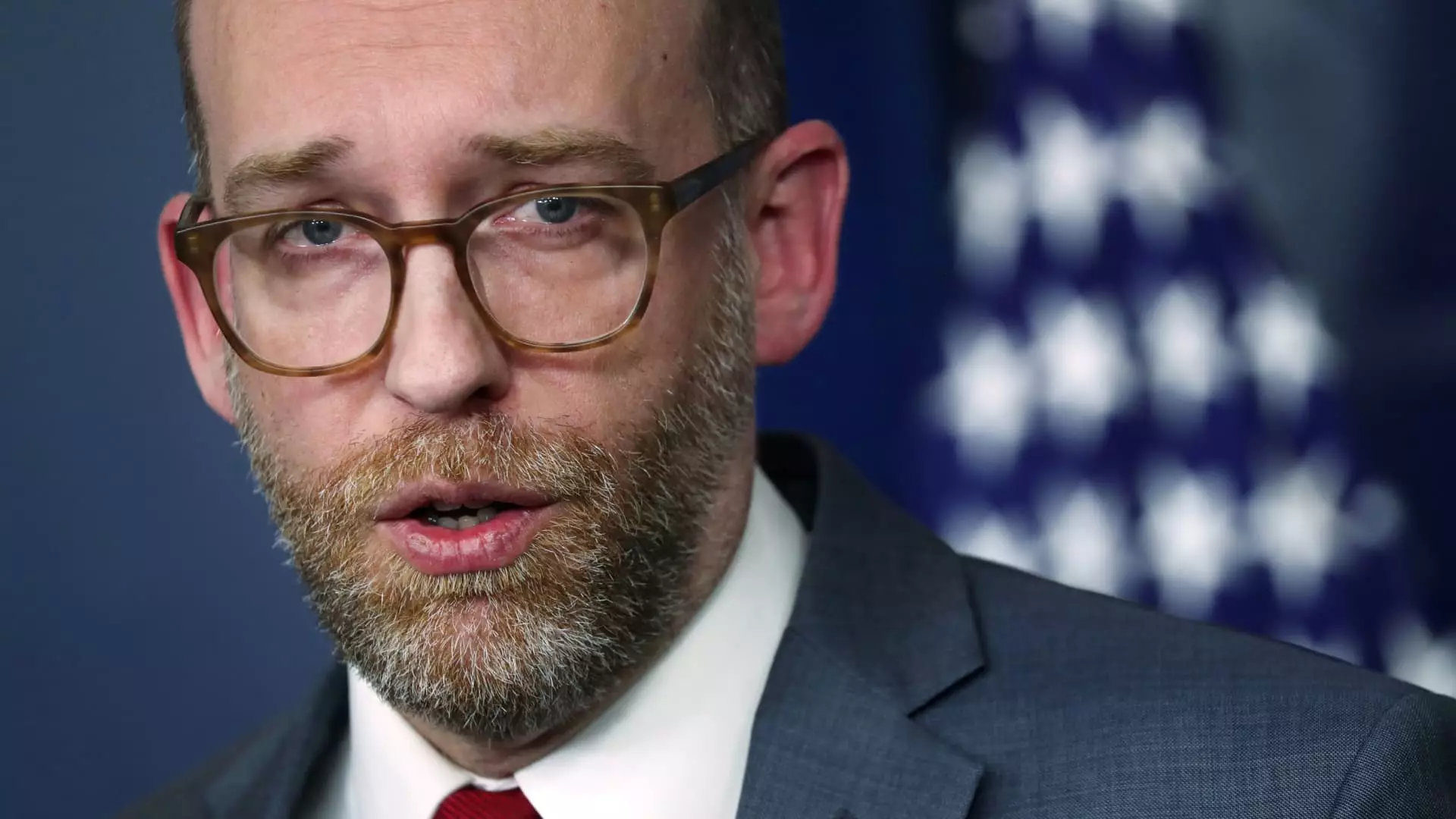Shockwaves Through the CFPB: The Implications of Recent Terminations

In a surprising move that has sent ripples through the federal workforce, the Consumer Financial Protection Bureau (CFPB) issued termination notices to numerous employees, primarily those still on probationary status. The decision, made public on a late Tuesday, underscores the intensifying scrutiny of federal agencies under the current administration. Observers note that significant layoffs within the CFPB may signal broader repercussions for government employees across various sectors.
The individuals affected by this mass dismissal, seeking anonymity, disclosed that the terminated staff were predominantly probationary hires who were in their early careers within the agency. Traditionally, probationary status does not reflect an employee’s performance level but rather serves as a trial period often stretching from one to two years post-hire. This nuance is critical as it highlights the precarious balance within federal employment, particularly with the shifting political landscape favoring workforce reductions.
These terminations occur amid President Donald Trump’s larger initiative to streamline the federal workforce, a move echoed by the Office of Personnel Management (OPM), which has solicited lists of recently hired employees from federal agencies. Historical data indicates that probationary staff are the most susceptible to termination due to their relative lack of seniority and established performance records. This directive has undoubtedly injected uncertainty among employees not only at the CFPB but also at other vital agencies, including the Federal Bureau of Investigation (FBI) and the Environmental Protection Agency (EPA).
Adding to the turmoil, operatives affiliated with Elon Musk’s so-called Department of Government Efficiency have reportedly infiltrated the CFPB, leading to the closure of the bureau’s headquarters and a blanket order from acting director Russell Vought to cease all agency work. The atmosphere has soured further as public discussions about the potential dismantling of the CFPB by influential figures such as Musk and Vought gain traction.
The reactions from within the CFPB remain charged with confusion and anger. Johanna Hickman, a senior litigation counsel at the CFPB, characterized the terminations as an “unlawfully-executed mass firing” and a detrimental blow to the integrity of the agency and its workforce. Hickman, who has been with the bureau since June 2023, asserted that the new leadership’s actions disregard established federal protocols surrounding employee dismissals.
Moreover, amidst the chaos, many affected employees, some of whom had previously accepted federal buyout offers, are now grappling with inconsistencies in their termination notices. Reports indicate that some employees received generic form letters that failed to include personal details—an indication of the haphazard nature of this process. Such omissions raise further questions about the procedural legitimacy of these abrupt layoffs.
The ramifications of this move reach far beyond individual job losses. The CFPB has been at the forefront of enforcing consumer protection laws, with its enforcement division particularly bolstered under previous director Rohit Chopra. The recent job cuts, therefore, not only disrupt the lives of the affected employees but also potentially hinder the agency’s overall effectiveness in safeguarding consumer rights. Given that the CFPB maintained a workforce of approximately 1,700 employees before these layoffs, this sudden reduction prompts concerns about the agency’s capability to fulfill its foundational goals.
As the situation unfolds, many existing staff have expressed a firm commitment to exploring legal recourse against this mass dismissal, inspired by their dedication to the agency’s mission. The potential for retaliatory legal action could draw out additional scrutiny of the agency’s current leadership and their adherence to federal employment laws.
The termination of dozens of employees at the CFPB encapsulates a moment of turbulence within the federal sector, serving as a warning signal to other agencies about the ongoing shift in policy and management approaches. As employees brace for potential adverse impacts on their careers and the agency’s efficacy, a clarion call for transparency and continuity resounds throughout the ranks. The unfolding narrative at the CFPB will likely serve as a pivotal case study on the consequences of inconsistent management practices amid broader political shifts within the federal landscape.





